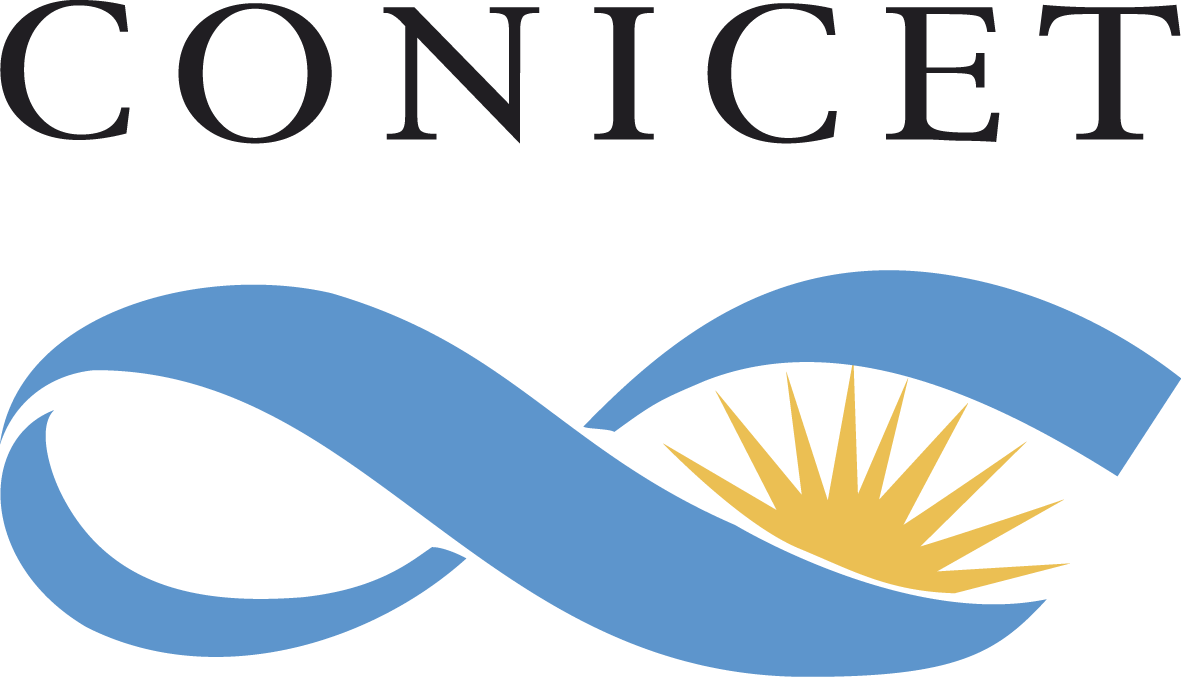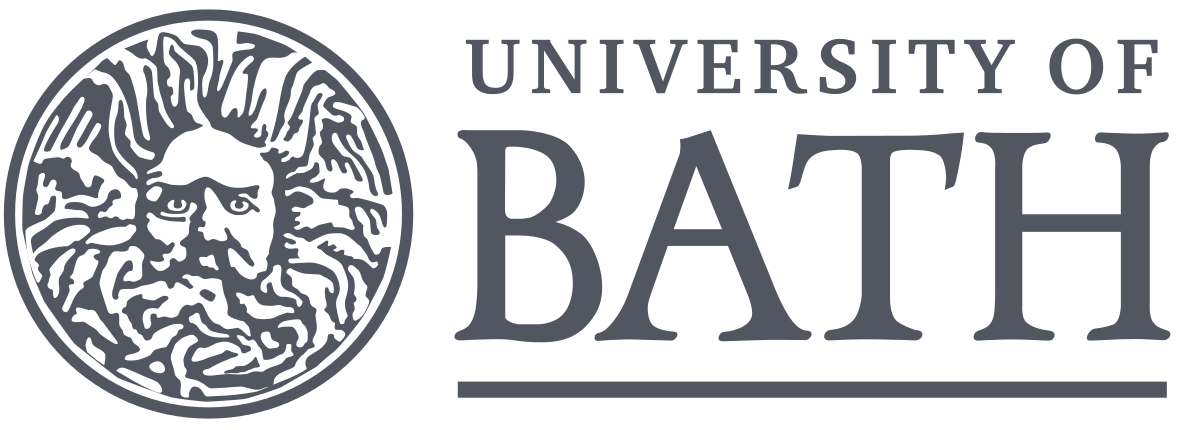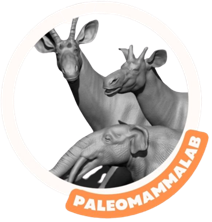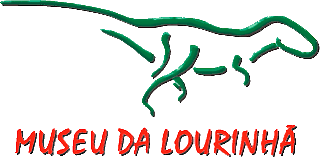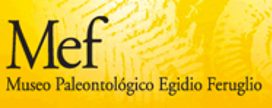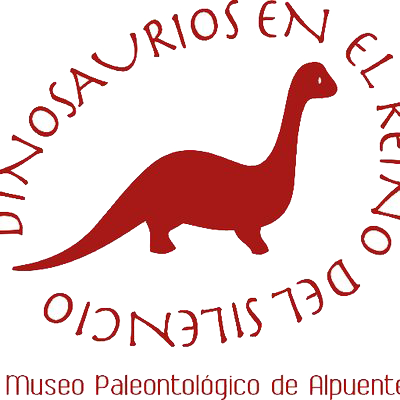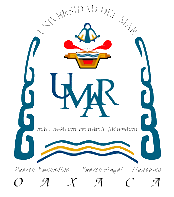Palaeoanthropology; Evolution; Palaeoecology; Vertebrate Paleontology
Louise Leakey
Third-generation Kenyan palaeoanthropologist Louise Leakey is carrying on the legacy of the famed Leakey family in the search for human origins in Kenya’s fossil-rich Turkana Basin. A National Geographic Explorer at Large, Leakey, daughter of Meave and Richard Leakey, and granddaughter of Louis and Mary Leakey, all renowned palaeoanthropologists, became actively involved in fossil discoveries at age five when she was proclaimed the youngest documented person to find a hominid fossil. Educated in the UK she earned a PhD in Biology from University College London in 2001. Leakey also serves as a Research Professor in Anthropology at the State University of New York at Stony Brook and a Research Associate at the National Museums of Kenya. Louise directs the palaeo-anthropological expeditions of the Koobi Fora Research Project, in northern Kenya. New discoveries by her team in recent years include a juvenile hominin cranium, unknown foot and hand bones of different hominin species, and a hominin trackway all dated between 4 and 1 million years. A new species discovered at Lake Turkana in 1999 extended human fossil diversity back to 3.5 million years and, according to The New York Times, “overturns the prevailing view that a single line of descent stretched through the early stages of human ancestry”. Additional fossils recovered from this time period in recent years have contributed to the understanding of the diversity in the hominin fossil record. In addition to her long-term field studies in the Turkana Basin, Leakey also works closely with local communities and alongside wildlife authorities to preserve Kenya’s unique plants and animals of Kenya's north. A lively lecturer, she gives talks and distributes science stories to Kenyan school children as part of the outreach efforts of her research project through her organization Leakey Journeys and Expeditions.
Carditidae; Phylogeny; Macroevolution; Bivalves
Damián E. Pérez
Damián Perez hold a degree in Palaeontology and a PhD in Geological Sciences from the University of Buenos Aires. His principal area of research is the study of systematics, phylogenetic relationships and macroevolutionary trends among bivalves of the family Carditidae, with a particular focus on those found in the Cenozoic of Patagonia. His research is centred on elucidating the relationships between different species groups and the impact of historical events on their evolutionary paths. Additionally, he have conducted research on the fossil record of some poorly studied invertebrate groups, including sea stars and brittle stars. His work has also encompassed a broader analysis of evolutionary mechanisms in bivalves and the epistemological aspects of palaeontology as a discipline. Furthermore, he engage in activities aimed at transferring and disseminating palaeontological knowledge to diverse audiences.
Early vertebrates; Brain evolution; Digital palaeontology
Alice Clement
Dr. Alice Clement earned her PhD from the Research School of Earth Sciences at the Australian National University in Canberra, Australia, in 2012. Her dissertation focused on the remarkable Australian lungfish fossils from the Devonian period, known as the "Age of Fishes." Following her PhD, she undertook her first postdoctoral position at the Evolutionary Biology Center at Uppsala University in Sweden, collaborating with Professor Per Ahlberg. During this time, she explored the field of palaeoneurology, which examines the brains of fossilized animals. Dr. Clement is currently a Research Fellow and Lecturer in the Palaeontology Group at Flinders University in Adelaide, Australia. In her current role, she continues her research on palaeoneurology and the origins of the vertebrate and tetrapod body plans, with a strong focus on the application of digital techniques in vertebrate morphology and palaeontology. Beyond her research, Dr. Clement is the leader of the VAMP project, the Virtual Australian Museum of Palaeontology, and Vice President of the Royal Society of South Australia.
South American native mammals; Evolution; Palaebiology; Cenozoic
Darin A. Croft
Darin Croft is a Professor in the Department of Anatomy at Case Western Reserve University in Cleveland, Ohio, USA; he has secondary appointments in the departments of Biology and Earth, Environmental, and Planetary Sciences. He is a research associate at several US museums, including the Field Museum in Chicago and the American Museum of Natural History in New York, and currently serves as Editor-in-chief of the Journal of Mammalian Evolution. Dr. Croft’s research centers on the evolution of mammals in South America, including rodents, armadillos, sloths, marsupials, and several groups of extinct herbivores known as South American native ungulates (SANUs). His studies integrate a variety of approaches and span alpha taxonomy, phylogenetics, paleobiology, paleoecology, and reconstructing ancient terrestrial ecosystems. He has led or participated in dozens of field expeditions to Eocene, Oligocene, and Miocene sites throughout South America, many of these to Chile and Bolivia. His 2016 book, Horned Armadillos and Rafting Monkeys: The Fascinating Fossil Mammals of South America, strives to convey to the general public his passion for finding and studying the remains of mammals that once inhabited this island continent.
Vertebrate; Cretaceous; Cenozoic; Syria; Arabian Platform
Wafa Adel Alhalabi
Wafa Adel Alhalabi, born in Damascus, Syria, earned her bachelor’s degree in biology from the University of Damascus in 2004. In 2008, she completed her master’s degree in Environmental Studies through a collaborative program between the University of Damascus and the University of Poitiers in France. With extensive experience as an environmental consultant working across various Arabic and African countries, Wafa fulfilled her lifelong dream of becoming a paleontologist in 2021. She received her PhD in Paleontology from the University of São Paulo (USP) in Brazil, where her doctoral research focused on a comprehensive examination of the appendicular skeleton characters used in early dinosaur phylogenies. Currently, she is concentrating on the study of Cretaceous and Cenozoic vertebrate fossils from Syria, aiming to highlight the significance of Syrian fossils and, more broadly, the vertebrate fossils of the Arabian Platform to the global scientific community.
Vertebrate Palaeontology; Island Mammals
Alexandra van der Geer
Alexandra van der Geer earned her master’s degree in veterinary medicine in 1988 from the University of Utrecht, the Netherlands. During the summers, she excavated at Sardinia with a team from Utrecht University under the late Paul Sondaar. In 2004 she moved to Greece and started working at the National and Kapodistrian University of Athens, Greece, at the Museum for Palaeontology and Geology as a researcher on primate locomotion and evolution of island mammals, which culminated in her book Evolution of Island Mammals (2010, 2nd edition 2021) with Greek colleagues and John de Vos from Naturalis. She returned to the Netherlands to obtain her PhD degree at the University of Utrecht, where her doctoral research focused on a Late Miocene enigmatic insular ruminant. Since 2017 she works as a permanent researcher at Naturalis Biodiversity Center in Leiden. Her research at Naturalis is focused on the evolution of mammals on islands through time, including long and recently extinct species, current species and introduced species. Her main fields are island biogeography, extinction patterns, and allometric patterns: what are the anatomical and physiological consequences of extreme shifts in body size as observed in insular endemics.
Vertebrate Palaeontology; Dinosaurs; Ethics
Verónica Díez Díaz
Dr. Verónica Díez Díaz completed her degree in Biology at the Universidad Autónoma de Madrid (Spain), followed by a PhD obtained at the Euskal Herriko Unibertsitatea/Universidad del País Vasco in Bilbao (Spain). During this period, she specialised in dinosaur palaeontology, focusing on the Late Cretaceous titanosaur sauropods of southwestern Europe. She continues to work with this group of sauropods, expanding his areas of study throughout Europe and North Africa. In 2015, she based herself and her research projects at the Museum für Naturkunde (MfN) in Berlin, where she obtained funding to research sauropod tail biomechanics. This project marked the beginning of her interest in 3D digitisation of palaeontological collections, becoming a recognised authority on best practices and ethics in this area. She has contributed significantly through the publication of guidelines, protocols and the teaching of specialised courses. Since 2021, she has held the position of Ethics Officer at the European Association of Vertebrate Palaeontologists (EAVP), where she led the drafting of the association's first Code of Ethics. Her time at the MfN has provided her with knowledge and experience in handling collections with a significant historical background. In recognition of her work, in 2018 she was awarded the Digital Female Leader Award in the Science category. In addition, her projects have received funding from major German institutions, such as the Alexander von Humboldt Stiftung, the Berliner Chancengleichheitsprogramm and the Deutsche Forschungsgemeinschaft. Thanks to her projects, Dr. Verónica Díez Díaz has been leading the biomechanical study of sauropod dinosaur tails for over a decade, collaborating with colleagues worldwide. Recently, her working group on this topic at the MfN has experienced significant growth.
Vertebrate Paleontology; Dinosaurs; Taphonomy; Paleobiology; East Asia
Tzu-Ruei Yang
Dr. Yang is a Taiwanese paleontologist. He received his PhD from the University of Bonn, Germany and was a postdoc at Institute of Vertebrate Paleontology and Paleoanthropology (IVPP) in Beijing, China. He is currently an Associate Curator in the Department of Geology at National Museum of Natural Science in Taichung, Taiwan and has joint appointment in the Department of Life Sciences at National Chung Hsing University and Department of Earth Sciences in National Cheng Kung University. With the integration of various approaches such as synchrotron imaging, spectral techniques, and computational simulations, his research centers on the reproductive biology, nesting ecology, physiology, and behaviors of non-avian dinosaurs. Dr. Yang regularly joins the excursions to various localities in China, Germany, or the US for geological surveys and fossil collection. After returning to Taiwan, the home to numerous endemic species and subspecies, Dr. Yang expands his interest to the unique prehistoric fauna of Taiwan. He and his team has uncovered the largest and most complete vertebrate fossil—a grey whale from the southernmost tip of the island of Taiwan in 2022. By revealing the prehistoric biodiversity in Taiwan, he and his team aim to highlight the importance of Taiwanese fossils for the biogeographical diversification in East Asia over the course of the last 6 mya.
Non Insect Arthopods; Tropical faunas; Decapods; Evolution
Javier Luque
Dr. Javier Luque holds a B.Sc. in Geology from the National University of Colombia, an M.Sc. in Biology from the Université de Montréal, and a Ph.D. in Systematics & Evolution from the University of Alberta (Canada). He has completed postdoctoral fellowships at Yale University's Department of Earth and Planetary Sciences and Harvard University's Department of Organismic and Evolutionary Biology (USA). Currently, he is a Senior Research Associate and Curator of Non-Insect Arthropods at the University of Cambridge Museum of Zoology, as well as a Research Associate at Harvard and an Honorary Member of the Colombian Geological Survey Museum of Geology. His research focuses on the origins and evolution of novel forms and functions through time, combining biological, geological, and paleontological data, with a particular emphasis on tropical faunas. Over nearly two decades, Javier has led and participated in fieldwork in remote tropical regions, including the high Andes, Ecuador's jungles, the Panama Canal, northern Colombia's deserts, and the Great Barrier Reef. His work has contributed significantly to the study of crab evolution, particularly their origins, their phylogenetic relationships, convergent evolution (carcinization), and the loss of crab-like forms (decarcinization). His current research interests include the crab tree of life, decapod evolution and transitions from marine to non-marine habitats, crustacean compound eyes and visual systems, exceptional preservation in modern tropical settings, and the biostratigraphy of Neotropical marine invertebrates.

